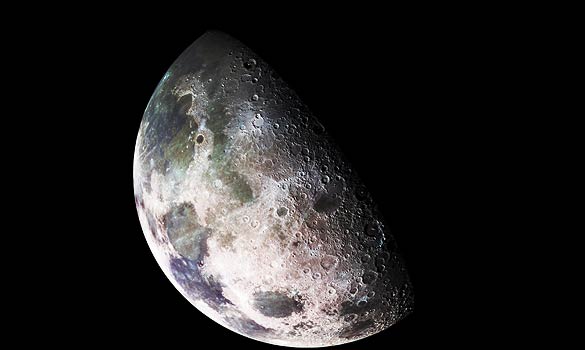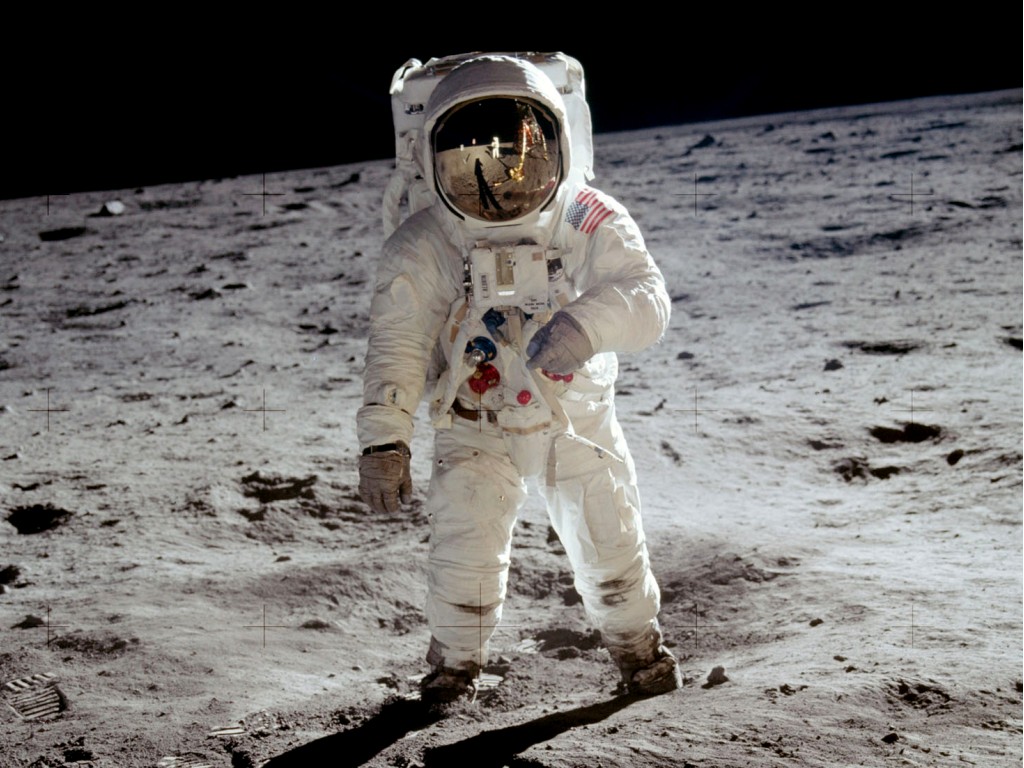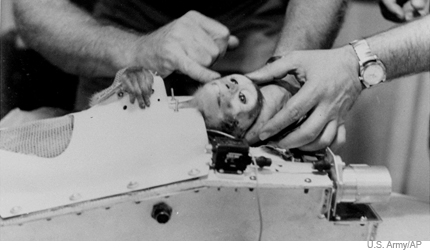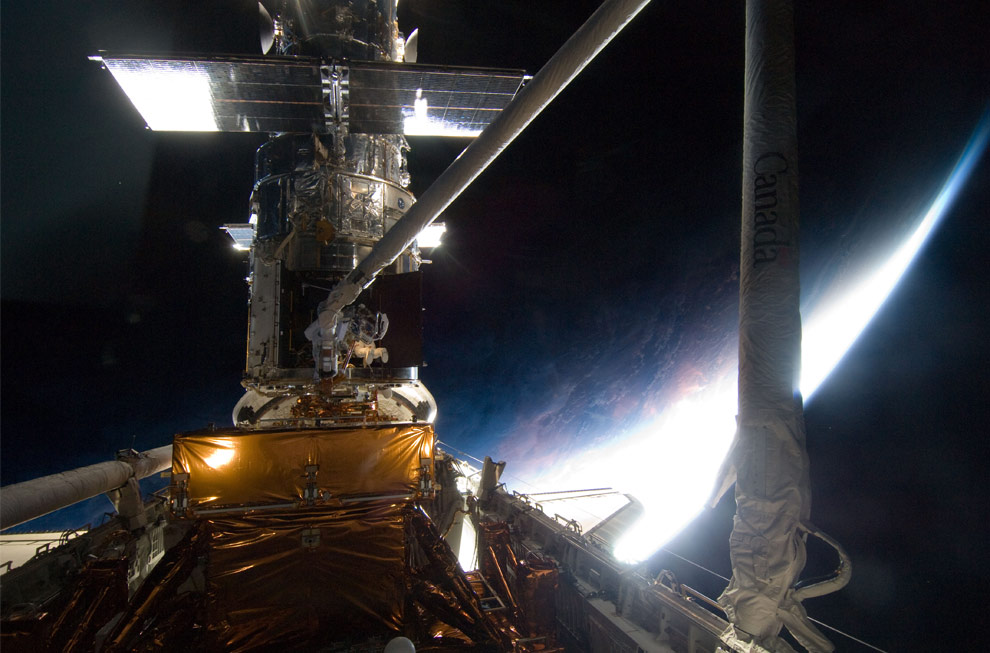“In the summer of 1959, Allen Ginsberg, the generation’s visionary poet of exuberance and doom, wrote in the Village Voice: ‘No one in America can know what will happen. No one is in real control. America is having a nervous breakdown…Therefore there has been great exaltation, despair, prophecy, strain, suicide, secrecy, and public gaiety among the poets of the city.’ He might as well have written that today.“
In Slate and per his recent book, Fred Kaplan makes the case for 1959 as a Very Important Year, and uses the groundbreaking flight of Luna 1 as that moment’s muse. “[I]t, and the race to space that it triggered, helped create the climate in which all those other breakthroughs were possible or, at least, appealing to a broad population. The breakdown of barriers in space, speed, and time made other barriers ripe for transgressing.” And folks argue space exploration isn’t important…






